Introduction
In 2019, the Nordic prime ministers adopted a common vision for the Nordic Region to be the most sustainable and integrated region in the world by 2030. The work undertaken by the Nordic Council of Ministers will therefore serve to realise this vision through initiatives within the three strategic priorities that have been established: A Green Nordic Region, A Competitive Nordic Region and a Socially Sustainable Nordic Region.
Nordic co-operation around education, research and language is crucial if we are to build a democratic and resilient society that is characterised by new knowledge, cohesion and mutual trust, and if the Nordic Region is to continue being one of the most integrated regions in the world. Climate and environmental changes, social inequality, and an ageing population are all challenges that are putting pressure on the welfare systems in all of the Nordic countries. At the same time, new and unknown national and international challenges and crises are also testing the Nordic welfare systems.
Through the education system, Nordic citizens are able to acquire knowledge about the requirements, values and rules of democracy, and this equips them to participate in democratic processes. The foundations for active participation are laid early – right from nursery school (preschool/early childhood education), children form part of an inclusive community in which they can express themselves, be heard and participate. Research and knowledge-building are important, both in relation to the results they produce and in demonstrating the value of critical reflection and conflicts of opinion.
Education, research and language are core areas for the Nordic Council of Ministers, and they play a crucial role in realising the ambitions of Vision 2030. They are also key in better equipping the Nordic Region and Nordic co-operation to face future crises. Co-operation in this area covers the entire spectrum of education, from nursery school to higher education and life-long learning, as well as research and language. Together, education, research and language can help support democracy in the Nordic Region by building trust, identity and community, and by boosting opportunities for reflection and the critical exchange of opinions.
The Co-operation Programme for the Nordic Council for Education and Research sets out the political priorities and objectives for the 2025–2030 period.
The objectives of the co-operation programme reflect the fact that the Nordic Region scores highly on several parameters, but there is a need to further enhance efforts. To attain a successful transition, we must aspire to ensure that education in the Nordic Region always remains high in quality, that everyone is able to attain good fundamental skills, and that all citizens will be encouraged in their schools to participate in democracy and to counteract anti-democratic phenomena such as exclusion and disinformation. It is important that the entire population in the Nordic Region has opportunities to access education – from an early age and right through all stages of life – and education must move in step with the needs of working life. We must continue to have research that is of a high international quality and societal relevance, and a language policy that allows for identity and competitiveness.
The Nordic Council, civil society and other relevant stakeholders have been involved in the development of the co-operation programme. The Nordic Council of Ministers for Education and Research has received recommendations and input from national and Nordic stakeholders and organisations. This also includes recommendations from young people in the Nordic Region, in part via the Nordic Youth Month event of November 2023.
All Nordic co-operation must be viewed in the context of the Council’s other governing documents, including its Vision 2030. Interdisciplinary perspectives such as sustainable development, equality and the rights of children and young people to be heard and included must all be considered in the implementation of all relevant initiatives. The disability perspective, inclusion and accessibility must also be incorporated into the work.
The co-operation programme takes its starting point from the mission of the Nordic Council of Ministers to contribute towards realising the vision of a Nordic Region which is the world’s most sustainable and integrated region by 2030. The entire Nordic Council of Ministers works to achieve this vision by way of the three strategic priorities.
The co-operation programme establishes the framework for all activity undertaken by the Council of Ministers for Education and Research. The co-operation programme was approved by the Council of Ministers for Education and Research on 19 August 2024 and applies until 31 December 2030.

All activities in the Nordic Council of Ministers will contribute to fulfilling our vision that the Nordic Region will be the world's most sustainable and integrated region in 2030. The co-operation programme describes how the sector will work with the three strategic priority areas.